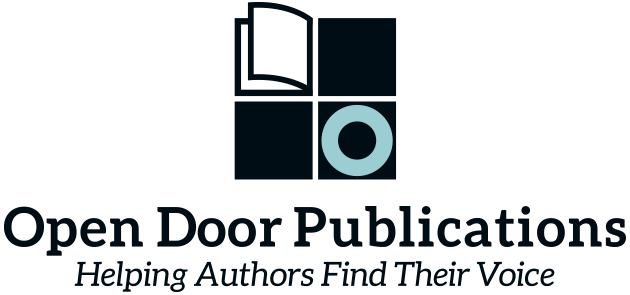There is a time-honored tradition for authors to use pen names, from George Eliot (Mary Ann Evans) to Mark Twain (Samuel Clemens) to Lewis Carroll (Charles Dodgson). Authors have many reasons for not using their real name on a book, but in today’s world of social media marketing and personal branding it can be more difficult to market a book while keeping your identity under wraps.
There are many good reasons for using a pen name. A few are:
- To keep from confusing readers if you are well-known in another genre
- If you have a name that is the same as another, very famous author
- For personal safety or security
- If publishing your book could jeopardize your current job or income
- To avoid family conflict
In the past few months I’ve had several new authors ask me how they can successfully market a book while keeping their true identify, if not a total secret, at least discreetly separated from their author persona. The first thing to remember is that a pen name is not the witness protection program. It is difficult to do something as public as publishing a book and keep your true identity totally under wraps.
Newspaper editors, radio talk show hosts and other members of the media want to know who you are – and they have legitimate reasons for asking. There have been several well-publicized cases of hoaxes perpetrated by authors who thought that creating a more interesting identity would help sell more books. James Frey, author of A Million Little Pieces, was interviewed on by several national television hosts including Oprah Winfrey, lost a great deal of his credibility when it was discovered that much of his “memoir” had been embellished for literary effect. The members of the media who had promoted Frey’s book lost credibility as well. A good reporter or editor will check the facts before publishing an article or press release. If they feel uncomfortable with an author who is too mysterious, they may shy away from printing or broadcasting information about an unknown and anonymous author.
Local newspapers and radio stations can be particularly strict about knowing and using an author’s real name. There’s a well-known saying in the newspaper business, “All news is local.” A local newspaper wants to write stories about local people. “No name, no photo … no story,” was the response I received recently on a press release we sent out to a local newspaper about an author who was using a pen name. In other words, if you can’t show a local connection, why should local media care?
So what should an author who wants to use a pen name do? First, evaluate why you are using a non de plume. Will you or someone you love really be hurt if your real name is used? Will using your own name damage your career or cost you money? Are these fears real or exaggerated? Are you really just feeling insecure about putting yourself out there?
If you still feel that you must use a pen name, make sure that your biography sticks as close to the truth as possible; be vague, be brief, but don’t exaggerate and don’t lie. Add a photo of yourself to your website. That seems counter-intuitive, but readers want to feel some connection to the author. Most of the people you are “hiding” from aren’t going to happen on the website of an author they have never heard of, look at the photo and declare, “Why, that’s my friend Jane Doe!” Unless you are hiding from a terrorist organization, the mob or the police, use a photo.
It is easier to market your book and yourself using your real name. Your life experience is a big part of your credibility as an author. So unless there is a very, very good reason to hide your identity, be prepared to tell the public who you are.
